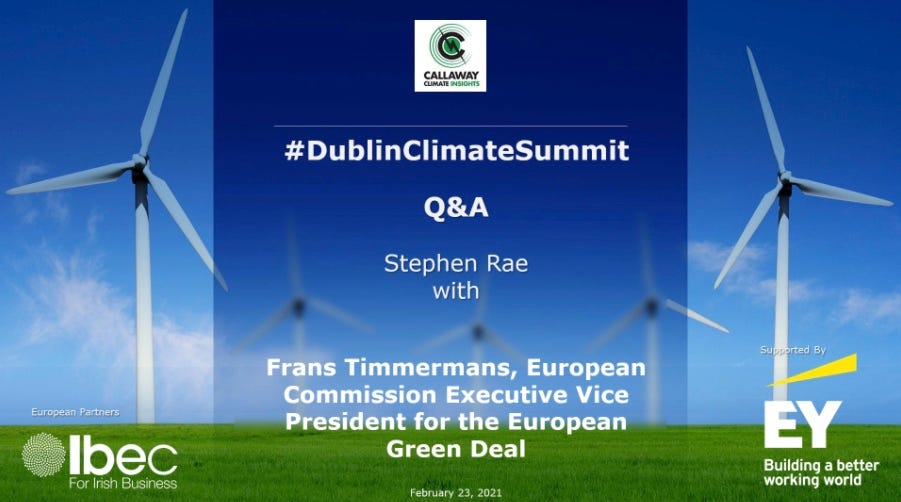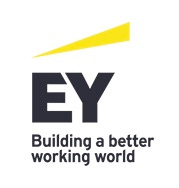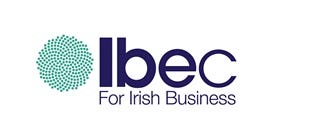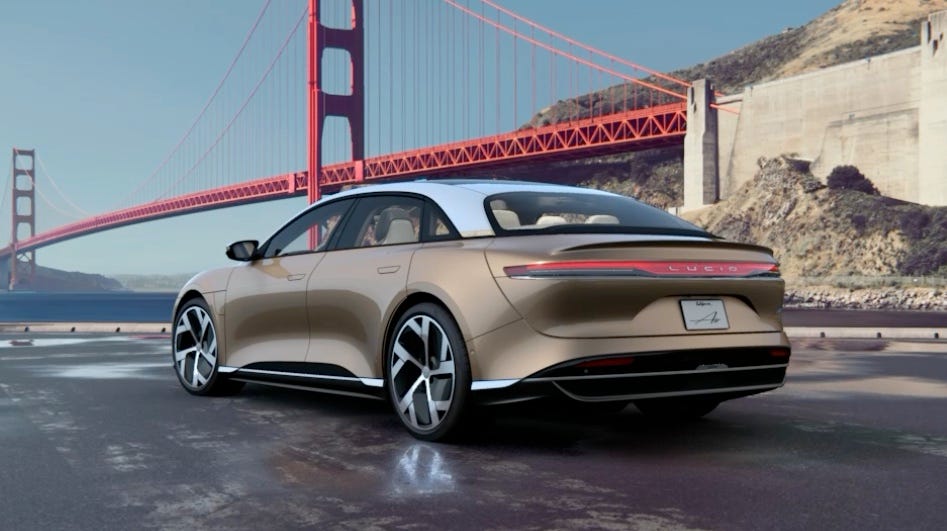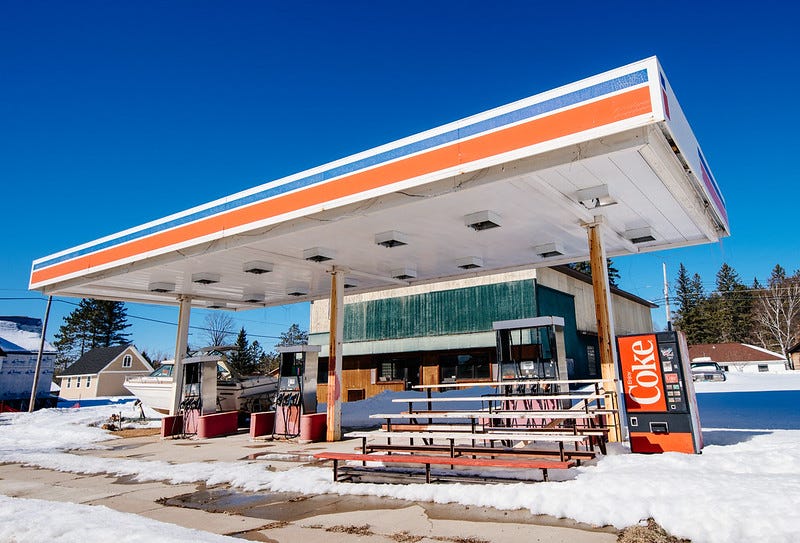Talking greenhouse gases and Guinness with the EU's Frans Timmermans
Welcome to Callaway Climate Insights. Our inaugural Dublin Climate Summit today made lots of news. Enjoy and please share.
Frans Timmermans had me at the Guinness.
The European Climate Commissioner headlined our inaugural #DublinClimateSummit Tuesday with an enthusiastic call for Europe to rebuild from the Covid crisis in a way that addresses its pressing global warming problems, ranging from energy efficiency in its centuries-old cities to carbon trading and smart agriculture.
But it was his promise to return next year, when we host the second summit physically in Dublin, that endeared me to the Dutch politician the most. “I haven’t been to Ireland in many years and I have so many friends there. I miss the Guinness, in a pub.”
Timmermans discussed his friendship with John Kerry and said he’s already talked with key Senate committee members on climate cooperation with the new Biden Administration. Key to European goals are to take the €1.8 trillion ($2.2 trillion) allocated to economic recovery and to use it in green ways, unlike the money spent on recovery from the Great Financial Crisis a decade ago.
“Too much money was spent on re-establishing parts of our economy then that were not part of our economic future,” Timmermans said.
The commissioner was the keynote of an event that included Irish Environment Minister Eamon Ryan; Danny McCoy, head of Ibec, the international Irish business lobby; Steve Varley, global sustainability head for EY; Rachel Bronson, CEO of The Bulletin of Atomic Scientists; Sarah Fay, managing director of Glasswing Ventures in Boston, and Marsha Vande Berg, member of the RAND Center for Asia Pacific Policy Advisory Board and a Callaway Climate Insights columnist.
It was hosted by yours truly and Stephen Rae, our European bureau chief. EY and Ibec were sponsors. A recording of the event will be available soon.
Our report on Timmermans’ speech is below, but my own take is that I was impressed with how well he’s thought through the idea of energy efficiency as a means to rebuild Europe in a renewable way: “Most of the buildings here now will be here in 2050. That’s the advantage and disadvantage of living in Europe.”
But new buildings with renewable sources will create demand for old ones to be retrofitted. Buildings contribute to about a third of our carbon emissions each year globally. He also had a lot to say about agriculture, and embracing precision farming.
Europe is widely perceived to be ahead of the U.S. and China in the battle against global warming, with wide leads in electric vehicles and a shift to green hydrogen. It also has a lot of nuclear energy, which Timmermans seemed to discourage when asked about it. “The issue of nuclear is perceived differently in different EU states. Whatever your choices will be will impact you,” he said. “But please have a very good look at lifelong costs, and security issues, and that it’s fossil-fuel based. And make a rational choice. It may be the right choice for you — a good business case — but make sure it’s rational.” As opposed to political, I suppose.
Before Timmermans, Ryan gave a great talk on the challenge of combining all of Europe’s sources of renewable energy on to modern electricity grids that could distribute it everywhere and avoid the issues that led to the collapse in Texas last week. He also raised — for the first time I’ve heard — the idea that Ireland will use its seat on the UN Security Council to push the ideas of climate, biodiversity and pollution.
We have much more for you below today and will have a recording, as promised, as soon as possible. But I’m already looking forward to next year’s event — and the Guinness — at our second Dublin Climate Summit. In Dublin.
More insights below. . . .
Don’t forget to contact me directly if you have suggestions or ideas at dcallaway@callawayclimateinsights.com.
Timmermans: Europe's ancient building blocks are part of green future
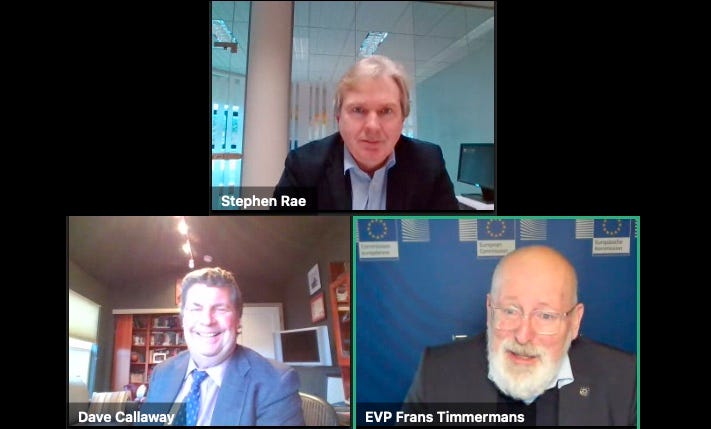
. . . . The key to the future of a green recovery might be found in Europe’s historic cities, Frans Timmermans said in his address at our inaugural Dublin Climate Summit. George Barker writes in his report from today’s summit that Timmermans emphasized that among the greatest challenges the EU faces is converting the historic buildings in Europe’s centuries-old cities for a sustainable future.
Netherlands native Timmermans, the keynote speaker at Callaway Climate Insights’ first #DublinClimateSummit, highlighted the critical importance of energy efficiency in a wide-ranging talk and Q&A session which also included his thoughts on hydrogen development, agriculture, energy alternatives, recovery from the Covid crisis and the desire to preserve heritage.
Today’s insights: SPACs’ bump in the road, global warming at Beijing Olympics
. . . . An electric car venture has proved that SPACs may not be a sure road to riches. One of the much-touted reverse merger deals got a big spanking Tuesday morning when shares in Churchill Capital Corp IV, which had combined with electric vehicle phenom Lucid Motors, descended into the 50% range. The SPAC (Special Purpose Acquisition Company) in question is run by investor Michael Klein and its shares had risen by more than 470% after it was first reported that the companies were in talks for a merger last month, reports CNBC. The share price drop follows the formal announcement of the deal late Monday when the companies confirmed a delay in deliveries of its first car — a luxury sedan called the Air — from this spring until the second half of this year. The deal between Newark, Calif.-based Lucid and Klein’s New York firm is the largest in a series of similar deals involving EV enterprises and so-called blank-check companies and came after excitement sparked by a year-long jump in Tesla’s (TSLA) shares. (Peter Rawlinson, Lucid’s CEO and CTO, was noted as chief Tesla engineer for its super-hot Model S before joining Lucid in 2013.) The deal was expected to generate about $4.4 billion in cash for expansion plans for Lucid, including at its current factory in Arizona. According to Business Insider, the deal marks one of the highest-profile EV SPAC tie-ups after a wave of interest in electric-vehicle startups, but the shaky kickoff could also show that the window on this latest financial whizbangery may be closing. . . .
. . . . Every Olympics aims to be a showcase for the host city and country — and for Beijing in 2022, the Winter Games is a chance for China to also show off its commitment to sustainability. That’s because all 26 venues at the athletics festival will be powered by 100% renewable energy, reports Power Engineering International. Utilities including new energy providers China Huadian Corporation Ltd. and Beijing Jingneng Power Co., as well as the State Grid Beijing Electric Power Company (SGEBPC), have signed agreements with the Olympics to deploy renewable energy and other electrification projects. SGEBPC will also leverage digital technologies such as smart robots to inspect power equipment for the games. Beijing is also planning to power venues with capacity sourced from green electricity trading network Jibei Power Exchange Platform. . . .
News briefs: Texan homeowners seek a solar solution
Editor’s picks:
Fed-up Texans spike traffic to solar energy websites
Brits hope to boost renewables with green finance hubs
Gates wants Bezos to help jump an investment hurdle
Data driven: Covid’s cold grip
. . . . During the months when Covid-19 had its tightest grip on day-to-day life in America, energy consumption was more greatly affected than real GDP, according to the Energy Information Administration’s Annual Energy Outlook report. Energy demand took a 70% greater hit in the U.S. during this crisis than it did during the Great Recession in 2008. That report, which aims to give the agency’s best prediction on the country’s energy consumption and energy mix going forward, expects it will take until 2029 until energy demand reaches 2019 levels again, giving even more reason to focus on building up renewables now, instead of later. . . . — George Barker


